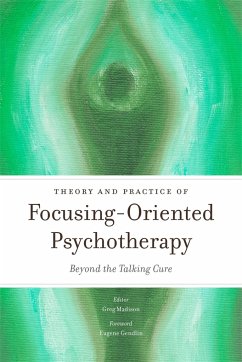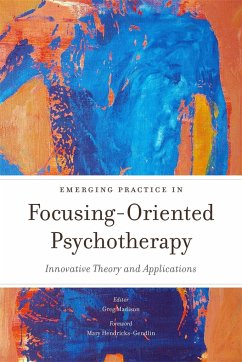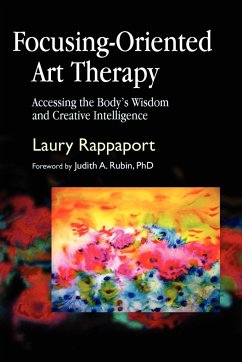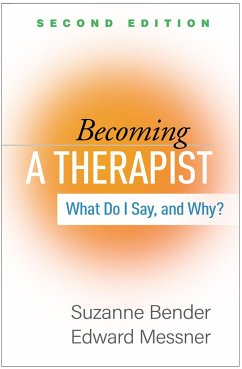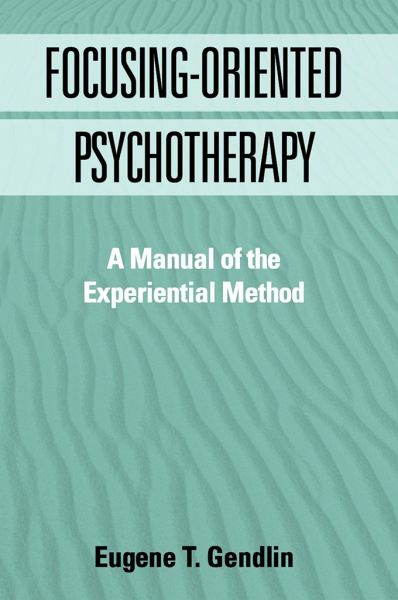
Focusing-Oriented Psychotherapy
A Manual of the Experiential Method

PAYBACK Punkte
29 °P sammeln!
Examining the moment-to-moment process of therapy, this text offers ways to engender effective movement. It concentrates on the ongoing client therapist relationship and ways in which the therapist's responses can stimulate and enable a client's




